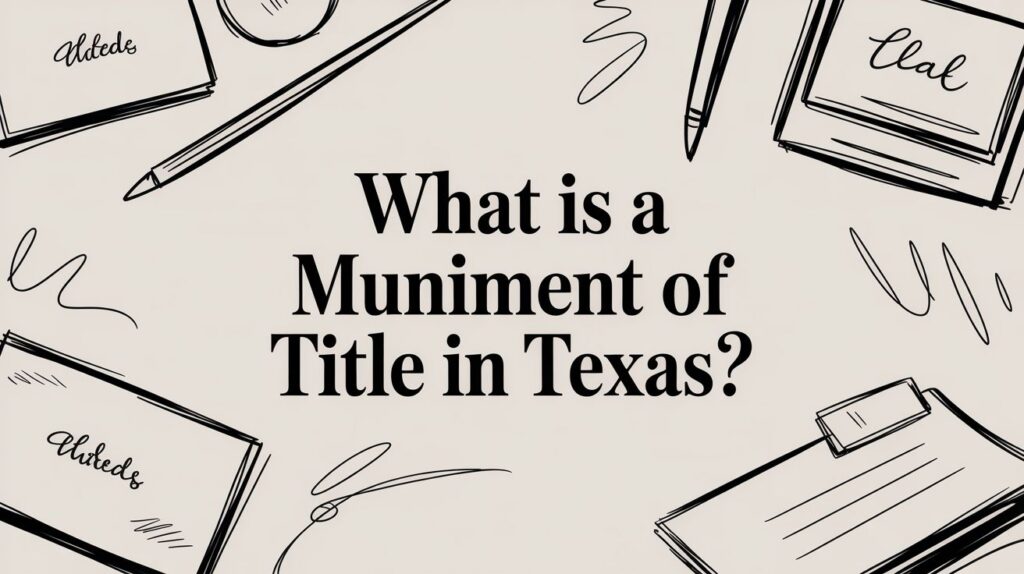If you’ve ever lost a loved one or been named as an executor in a will, you’ve probably heard the term “probate” more times than you can count. It’s a word that can stir up confusion, stress, and sometimes even fear. But it doesn’t have to be that way. Once you start understanding probate court processes for effective estate planning, you’ll see that probate isn’t just a bureaucratic maze—it’s a critical step in transferring assets and protecting your family’s legacy.
In this article, we’re diving deep into understanding probate court processes for effective estate planning, breaking down each step in the process with real-world examples, a conversational tone, and an analytical perspective. Whether you’re planning your own estate or trying to settle someone else’s, this guide is designed to help you make smarter, more informed decisions—without the legal speak.

Probate Process: How Estates Are Legally Settled
Probate 101—Plain and Simple
At its core, probate is the legal process through which a deceased person’s estate is settled. That means:
- Authenticating the will
- Appointing the executor or personal representative
- Identifying and inventorying the assets
- Paying off debts and taxes
- Distributing what’s left to the rightful heirs or beneficiaries
All of this takes place under the supervision of a probate court judge, who ensures that the law is followed and that everything is fair and transparent.
When you’re understanding probate court processes for effective estate planning, it helps to realize that probate isn’t just a formality—it’s a safeguard.
Why Probate Happens
Can’t We Just Skip It?
One of the most common misconceptions is that having a will automatically avoids probate. It doesn’t. In fact, wills often require probate because they need to be validated and enforced by a court.
Probate becomes necessary when:
- There’s property in the deceased’s name alone
- Creditors need to be notified
- Disputes over the will or inheritance arise
- The estate exceeds a certain dollar threshold (varies by state)
For families, understanding probate court processes for effective estate planning can help prevent surprises and unnecessary delays.
The Probate Timeline
How Long Does It Take?
Probate doesn’t happen overnight. In Texas, for example, the process can take anywhere from six months to two years, depending on the size and complexity of the estate.
Here’s a general timeline:
- Petition to open probate
- Hearing to appoint executor
- Inventory and appraisal of estate assets
- Paying debts and taxes
- Distributing remaining assets
- Final accounting and court approval
Knowing the timeline helps when you’re understanding probate court processes for effective estate planning because it allows you to set realistic expectations and prepare financially.
Real-Life Scenario: Probate in Action
Let’s say John, a retired firefighter in Dallas, passed away leaving a will. His estate includes a home, a pickup truck, a bank account, and some credit card debt. His daughter, Lisa, is named as executor.
Lisa files the will with the probate court and is appointed executor within 30 days. She notifies creditors, gets the home appraised, pays off the debts, and then distributes the remaining assets to herself and her siblings.
Because John had a will and Lisa followed the steps correctly, probate took just under a year. It wasn’t fast, but it went smoothly—thanks in large part to the family understanding probate court processes for effective estate planning before John passed.
The Role of the Executor
Your Responsibilities—and Liabilities
The executor, also called the personal representative, is the person in charge of managing the estate through probate. This person:
- Notifies beneficiaries and creditors
- Collects and safeguards assets
- Pays final bills and taxes
- Distributes property according to the will or state law
- Files court paperwork and reports

Executors can be held personally liable for mistakes, so it’s a serious job. Understanding what’s expected is crucial, especially if you’re named as an executor.
One of the smartest things you can do when estate planning is ensure that your chosen executor is someone who not only understands your wishes but also knows how probate works. That’s part of understanding probate court processes for effective estate planning from both sides.
What Happens When There’s No Will?
Intestate Probate Explained
If someone dies without a will, they are said to have died intestate. That doesn’t mean their assets disappear—it means the state steps in to decide who gets what, based on a legal formula.
In Texas, for instance:
- If there’s a surviving spouse and no children, the spouse inherits everything.
- If there are children but no spouse, the children inherit.
- If there are both, assets are split between the spouse and kids.
Intestate probate can lead to family fights, lost inheritances, and court-appointed administrators. That’s why making a will—and understanding probate court processes for effective estate planning—can help avoid chaos down the road.
Probate Court Hearings: What to Expect
No Law Degree Needed
Many people are intimidated by court hearings, but probate court is generally more procedural than dramatic. A typical hearing might include:
- Appointing the executor
- Addressing disputes over the will
- Ruling on asset sales
- Approving the final accounting
Most hearings are short, and the judge often relies heavily on paperwork. That said, having a lawyer—or at least understanding probate court processes for effective estate planning—makes things smoother and more efficient.
The Cost of Probate
What’s the Price Tag?
Probate costs vary, but they typically include:
- Court filing fees
- Executor compensation
- Attorney’s fees
- Appraisal and accounting fees
- Bond fees (in some cases)
On average, probate can eat up 3% to 7% of the estate’s total value. For a $300,000 estate, that’s $9,000 to $21,000—money that could have gone to heirs.
Many people plan their estates to avoid probate, or at least minimize its costs. That’s where understanding probate court processes for effective estate planning becomes financially valuable.
Common Probate Pitfalls
Mistakes That Can Delay or Derail the Process
Even simple errors can cause months of delays. Common probate mistakes include:
- Failing to notify all heirs or creditors
- Not filing the inventory on time
- Mismanaging estate funds
- Missing court deadlines
- Disputes between co-executors or beneficiaries
Being proactive, organized, and legally informed goes a long way toward avoiding these headaches. Whether you’re managing someone else’s estate or planning your own, understanding probate court processes for effective estate planning helps you steer clear of these avoidable issues.

Probate and Real Estate
Selling Property Through the Court
One of the most time-consuming parts of probate often involves real estate. If the deceased owned a home or land:
- It must be appraised
- Mortgage lenders must be notified
- Property may need to be sold to settle debts
- Title transfers must be approved by the court
This is another reason to plan carefully. Naming a transfer-on-death beneficiary or placing property in a trust can help bypass this process entirely.
But if probate is required, understanding probate court processes for effective estate planning means being ready to handle the complexity of real estate.
Special Cases: Probate and Minor Children
Guardianships and Custody
When a parent dies and leaves behind minor children, probate court may need to appoint a guardian of the person (to raise the child) and a guardian of the estate (to manage inherited assets).
If a will doesn’t name a guardian—or if the named guardian is challenged—the court must decide who is best suited to care for the child. This can lead to lengthy hearings, background checks, and even home visits.
Planning ahead and understanding probate court processes for effective estate planning allows parents to name a guardian and avoid uncertainty during a painful time.
Avoiding Probate: Is It Possible?
Strategies to Keep Your Estate Out of Court
Yes, it is possible to avoid probate—or at least simplify it. Common estate planning tools include:
- Revocable living trusts
- Payable-on-death (POD) bank accounts
- Transfer-on-death (TOD) deeds
- Joint ownership with rights of survivorship
- Life insurance with named beneficiaries
Each of these tools bypasses probate because the assets transfer directly to the named individual, without needing court approval.
If you want to spare your family from court fees and delays, understanding probate court processes for effective estate planning will guide you toward building a smart, probate-minimizing plan.

Final Thoughts on Understanding Probate Court Processes for Effective Estate Planning
Probate doesn’t have to be scary, messy, or expensive. With the right knowledge, you can prepare your estate to glide through the process—or even avoid it entirely. From making sure your will is valid to choosing a responsible executor, every step you take now can ease the burden on your loved ones later.
At its heart, understanding probate court processes for effective estate planning is about clarity. It’s about making decisions while you’re still here so that others don’t have to guess what you wanted. It’s about putting your affairs in order so that the people you care about can focus on healing—not fighting paperwork.
So take the time. Ask the hard questions. Sit down with an attorney if you can. And build a plan that works not just for you—but for everyone you’ll eventually leave behind.








